
Lecture review | translational research exploring the causes and treatments of heart failure
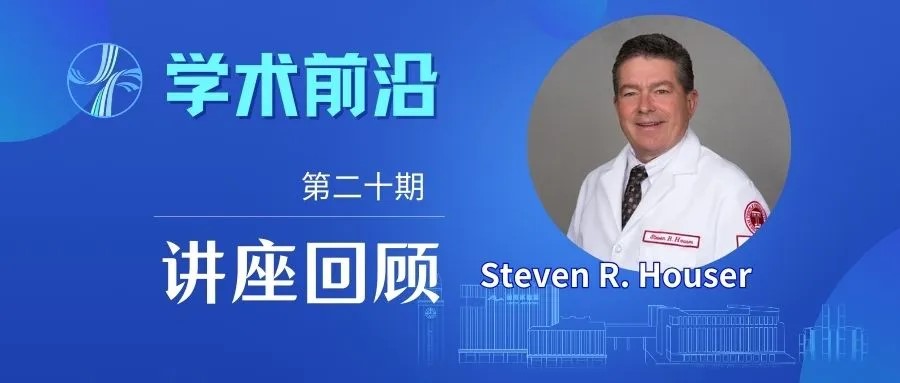
lecture title
Translational Studies to Explore Causes and Remedies for Heart Failure
"translational research discovering causes and treatments of heart failure"
introduction to the keynote speakers
Steven R. Houser, vice dean of the temple university school of medicine, director of the department of physiology, director of the cardiovascular research center, director of the vera j. goodfriend department, honorary professor of physiology arthur c. guyton professor, an internationally renowned cardiac physiologist, and a major contributor to the u.s. nih "merit" ” award winner. he is an editorial board member of famous journals such as circulation, and serves as a reviewer for more than 10 well-known international journals such as science. he has published more than 200 articles and 5 monographs.
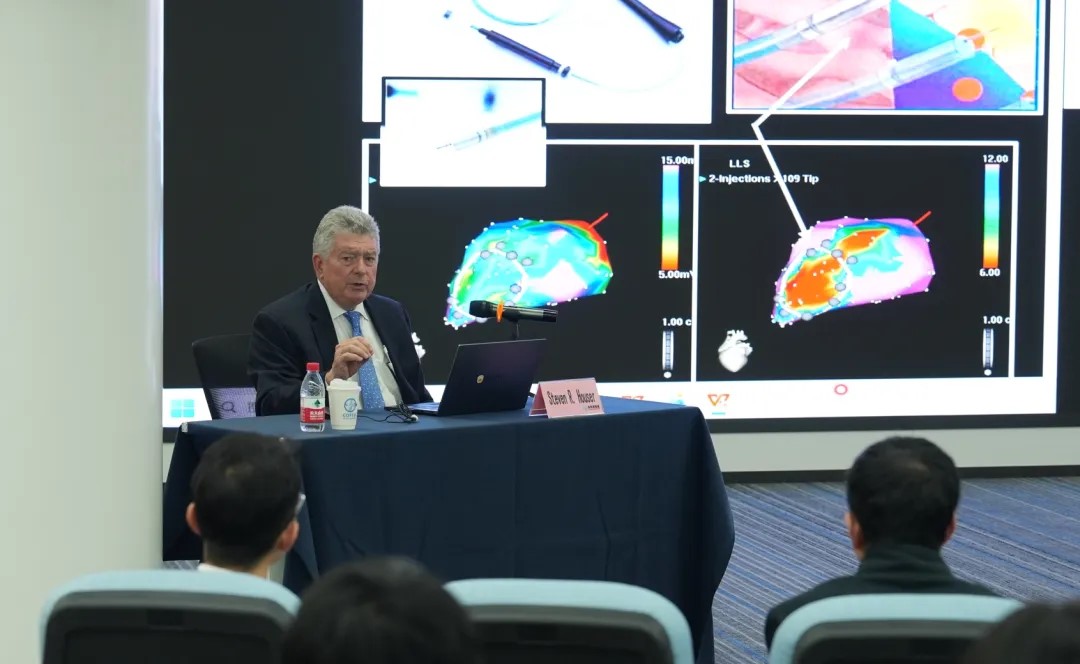
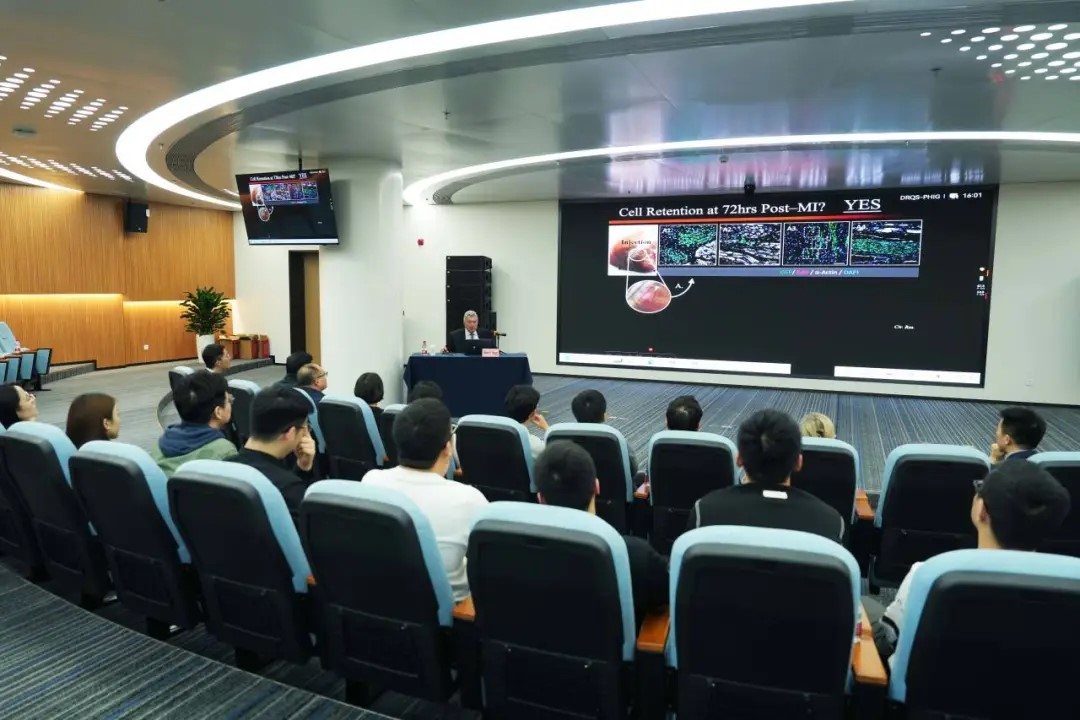
professor steven r. houser was invited to jinfeng laboratory to give academic lectures
key points of the lecture
myocardial infarction (mi) is a common acute cardiovascular disease, mainly due to coronary artery occlusion and interruption of blood flow, resulting in ischemic necrosis of the myocardium. after an mi occurs, the heart cannot regenerate new cardiomyocytes to repair the damaged area, so scar tissue forms in the infarcted area, eventually leading to reduced heart pump function and heart failure. there are currently no proven therapies to replace dead heart tissue, but stem cell therapy has shown some potential in cardiac repair/regeneration, resulting in modest improvements in cardiac structure and function.
professor houser's team has successfully established large animal models of mi-induced heart failure in pigs, cats, etc., and used these large animal models to verify and develop new treatments. professor houser's team has discovered that a type of cell called cortical bone stem cell (cbsc) exists in the bone marrow stroma, which has the potential to promote cardiac repair after mi. the team verified cbsc therapy in mouse and pig mi models respectively, proving that the therapy can reduce the infarct size after mi, alleviate ventricular remodeling, and improve cardiac systolic function. in addition, professor houser also proposed that ipsc-derived cardiomyocytes, in vitro modified stem cells and human fetal cardiomyocytes have certain potential in cardiac repair/regeneration therapy. there is no clear conclusion yet on the efficacy of gene therapy on the human heart, and further research is needed.
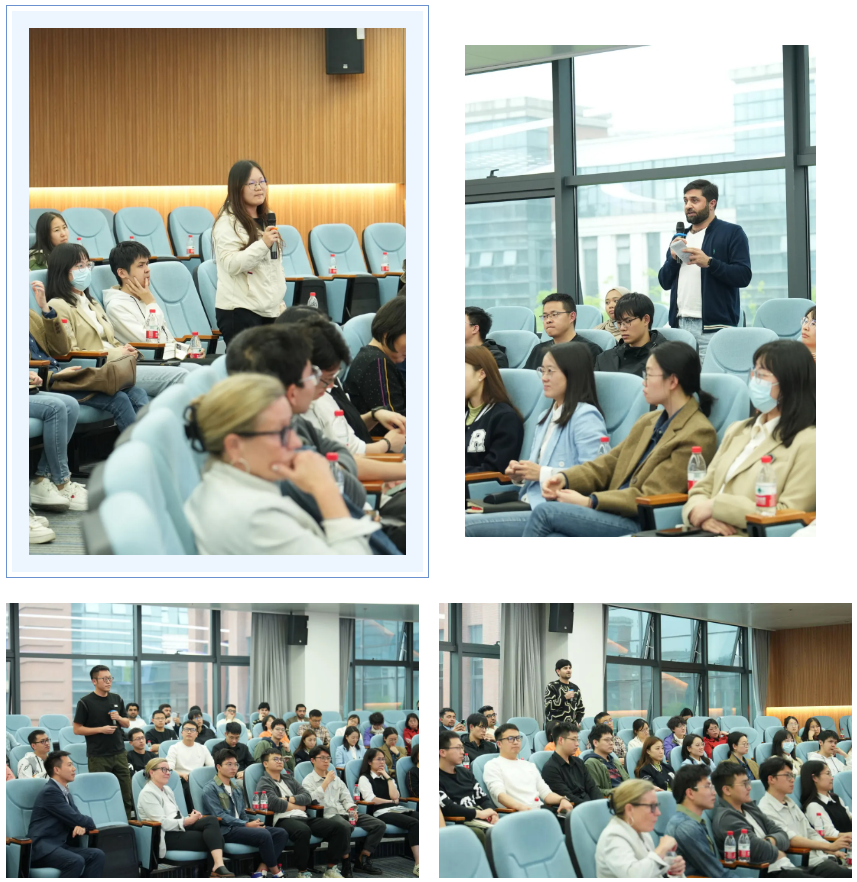
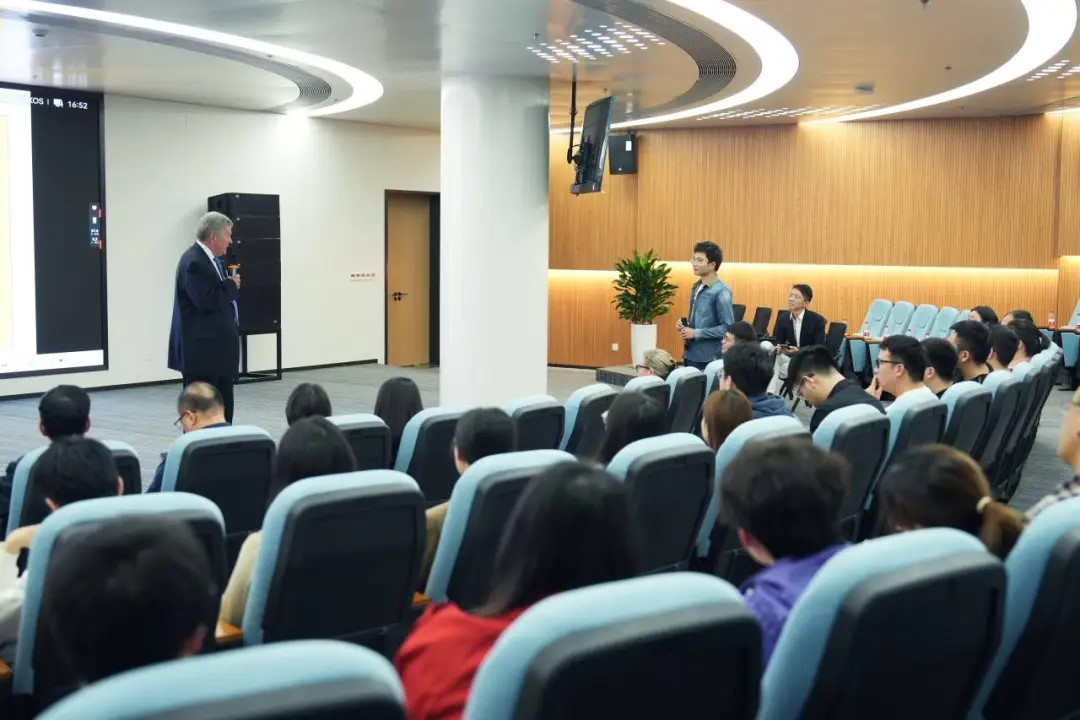
during the communication session, the researchers present had a lively academic discussion with professor houser.
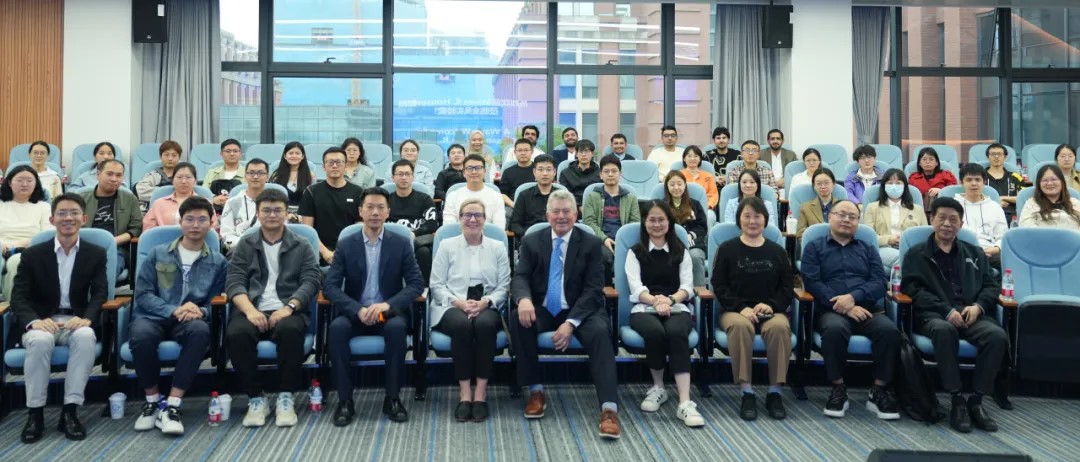
- About Us
-
Research Platform
- Major Disease Sample Database
- Innovative Drug Verification And Transformation Platform
- Experimental Animal Center
- Life And Health Future Laboratory
- Biomedical Imaging Platform
- Cell Multi-Omics Platform
- Pathology Technology Platform
- Bioinformatics Research And Application Center
- Jinfeng Pathology Precision Diagnosis Center
- Research Team
- Information Center
- Join Us


 渝公网安备50009802002274
渝公网安备50009802002274